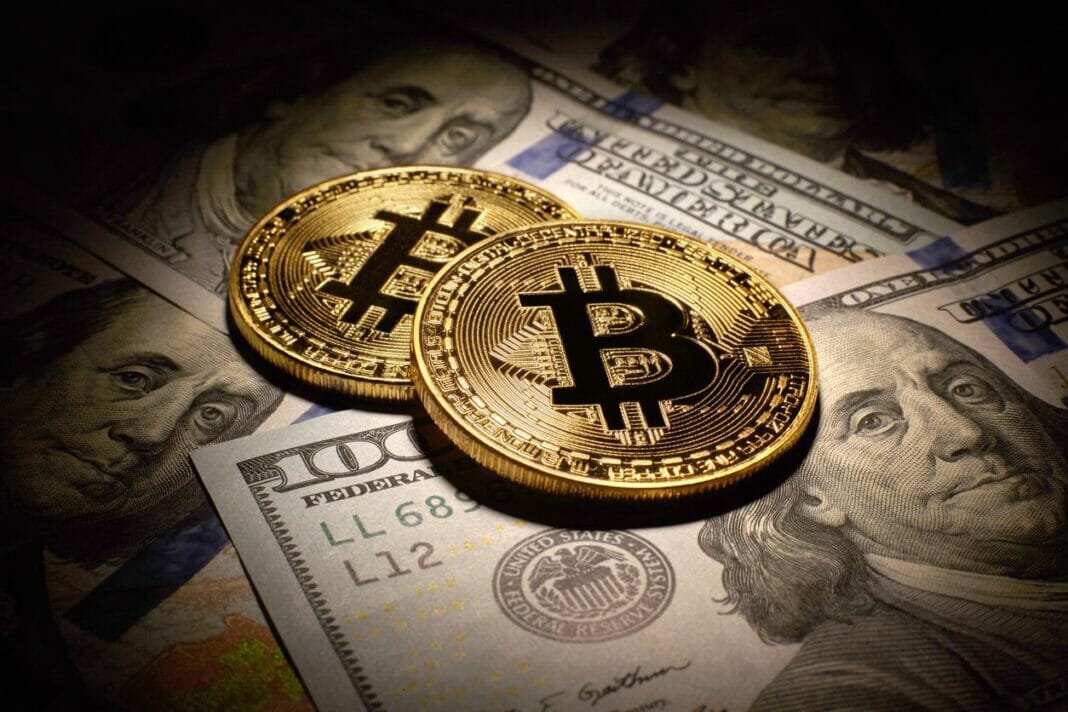The platform would also be used to store cryptocurrencies, pay taxes, and request loans. If the cryptocurrencies are withdrawn before 90 days, the user will be fined.
A bill presented by provincial deputy Roque Gervasoni, from Misiones, Argentina, seeks to create a bitcoin and cryptocurrency exchange in that province. This market will be “decentralized with majority state participation in the form of a public limited company.”
If this law gets its approval, the platform will also serve as a guard to the cryptocurrencies of its users, with which taxes, goods, and services can be paid. Besides, “registered persons will be able to access crypto-asset loan services that will pay for missionary entrepreneurship,” adds the text of the project.
The deputy, belonging to the Frente Renovador de la Concordia Social (FRCS), clarified in the document that any person living in Argentina may operate on this exchange. In the case of “foreign citizens” who want to participate, they must request a permit and accept that the deposited cryptocurrencies remain blocked on the platform for 90 days.
People with domicile in Argentina, on the other hand, will be able to withdraw their cryptocurrencies before 90 days but will suffer penalties for doing so. “Within the first 30 days the fine of 20% of the deposited capital corresponds to him; within the first 60 days, 15% of the deposited capital; and within 90 days, and 10% of the deposited capital”, says the text.
The project does not clarify what would be the competitive advantage of this platform over existing exchanges. These do not impose any temporary restrictions or penalties to withdraw the cryptocurrencies. Also, some of them grant loans and function as payment gateways for services.
Regulatory guidelines for the use of bitcoin in Argentina
The text presented by Gervasoni, consisting of 11 articles, indicates the rationale behind this proposal. “The invention of cryptocurrencies as a scientific and technological milestone represents one of the most salient events in the digital and traditional economy of recent times”, it is explained there. Because of that, according to the deputy, “legal sciences cannot remain outside of them, and it is their duties to analyze and provide their regulatory guidelines.”
An interesting point of this project, which could generate legislative antecedents, is the reference to “the denationalization of money”.
“Theorists affirm that, in a free-market economy, where the right to private property prevails, the right that each individual can issue and use the currency they want should also prevail, based on their autonomy, free choice, and property right”.
The text of the potential law does not deny this right, although it affirms that its exercise “is not a little conflictive”. Even so, it recognizes that “there is no deny that the use of alternative currencies, particularly digital ones, built its place in the market, both in developed and emerging economies.”
This is the 22nd bill that Gervasoni presented in the Chamber of Deputies of Misiones during 2020. His initiatives during the year addressed a variety of issues. Among them are gender equality education; the regulation of the delivery service; the guarantee of access to housing for people who are part of the “trans community”; and the proposal to “regulate female digital dignity.”
By: Jenson Nuñez.











